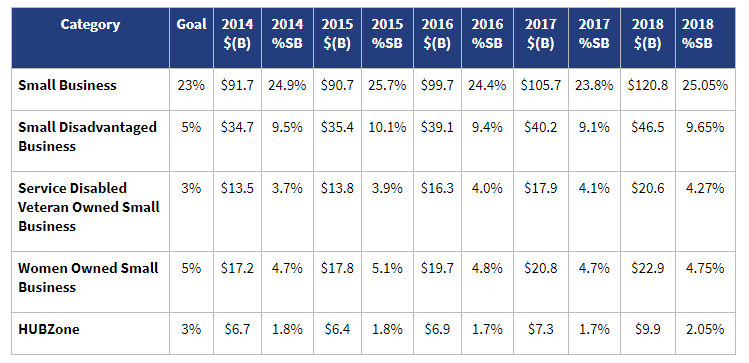Federal Supply Schedules: VA=GSA????
Earlier this year the Government Accountability Office (GAO) released the report, “VA Acquisition Management: Steps Needed to Ensure Healthcare Federal Supply Schedules Remain Useful (GAO-20-132).” (Federal News Network, February 21, 2020)
The report dives into the non-pharmaceutical Federal Supply Schedules and lays out 11 recommendations, nine to the Department of Veterans Affairs and two to the General Services Administration (GSA). The report also outlines how the VA and GSA should address their contracting operations supporting veterans healthcare. (ibid)
For some background, the Veterans Administration manages nine healthcare-related Federal Supply Schedules (VA FSS) that provide medical devices as well as services. Included in the VA FSS are medical-surgical equipment, pharmaceuticals, patient mobility devices, laboratory testing, and analysis services. The VA FSS accounts for about $15.4 billion in annual purchases, the pharmaceutical schedule making up $12.6 billion, with the additional eight schedules coming in at about $2.8 billion. For the last four years, sales under the eight non-pharmaceutical schedules have been somewhat flat. (ibid)
It turns out that the VA and GSA have a few areas where they are lacking a “team” mentality. The GAO also finds there is limited guidance and training of the VA contracting staff and it seems the VA FSS and the VA’s Medical-Surgical Prime Vendor program are duplicating efforts. This means longer processing times for contract awards, contract mods and higher admin costs for the VA and industry as a whole. (ibid)
GAO recommends the following:
- The VA provide comprehensive FSS guidance and training to the FSS contracting staff
- The VA and GSA improve collaboration, including the potential use of GSA’s procurement tools to support the VA FSS
- The VA evaluate timeliness goals and barriers to achieving them in the contracting process
- The VA assess FSS and MSPV-NB duplication to resource utilization and leverage its buying power (ibid)
The Coalition’s “VA Multiple Award Schedule White Paper” gives recommendations to increase the effectiveness and efficiency of the VA FSS. The recommendations are:
- Recognize commercial practices when possible
- Consistency with GSA/FSS policy
- Streamline the evaluation processes
- Reduce contracting costs for the government as well as industry (ibid)
The white paper goes on to make specific recommendations to align the VA’s price negotiations strategy with GSA’s approach. Additionally, the white paper touches on the use of GSA’s e-Offer and e0Mod systems to streamline the procurement process. As it turns out, the VA and GSA have very different approaches to contract audit support for their FSS programs. The white paper recommends the two align with GSA’s approach. (ibid)
Will there be more opportunities to work with the VA once their processes are synced up to GSAs? Give us a call.

